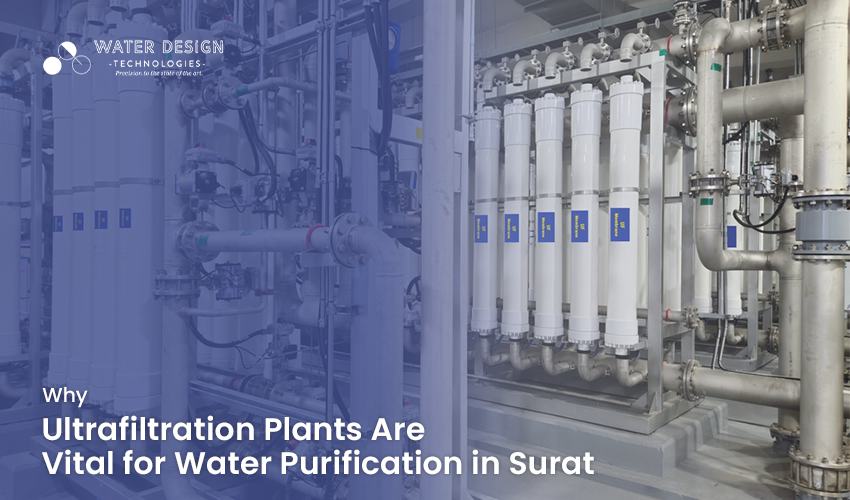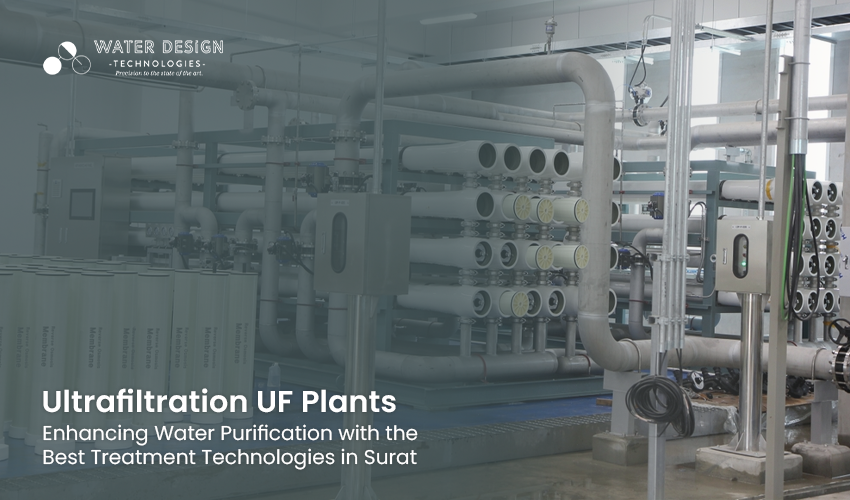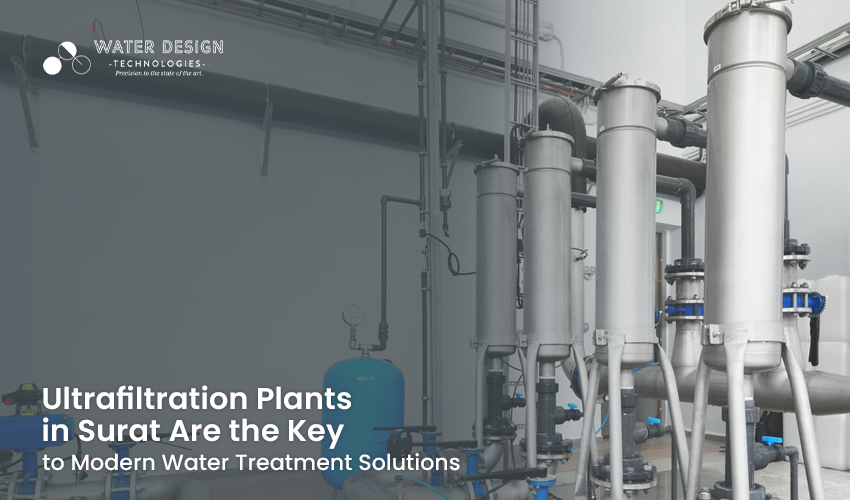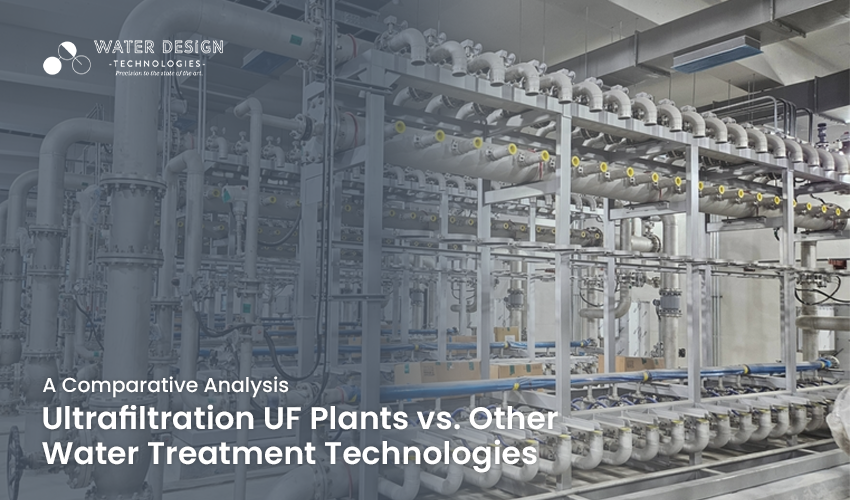Water purification is critical for a city like Surat, where growing urbanization and industrialization challenge water quality. Among the advanced water treatment methods, ultrafiltration (UF) plants stand out as a key solution for providing safe, clean water. These plants use cutting-edge technology to filter impurities and improve water quality, making them indispensable for Surat’s residential, industrial, and commercial needs.
The Role of Ultrafiltration in Water Purification
Ultrafiltration (UF) plants are designed to remove suspended particles, bacteria, and other contaminants from water while retaining essential minerals. These systems are equipped with semi-permeable membranes that ensure high-quality filtration without the need for chemicals.
In cities like Surat, where water quality varies, UF plants serve as an essential component of water treatment. They are particularly effective in handling water sources with high turbidity, ensuring the supply of safe drinking water.
Benefits of Ultrafiltration Plants in Surat
- Enhanced Water Quality: UF plants remove up to 99% of contaminants, ensuring clean water for all applications.
- Chemical-Free Process: Unlike traditional methods, UF plants do not rely on chemicals, making them environmentally friendly.
- Versatile Applications: From industrial wastewater treatment to residential water purification, UF plants cater to diverse needs.
- Cost-Effective Operation: Minimal energy consumption and maintenance requirements make them economically viable.
Why Choose Ultrafiltration Plants in Gujarat?
Gujarat is at the forefront of adopting advanced water treatment technologies. With Surat being a hub of industry and development, the demand for robust water treatment solutions has skyrocketed. Leading providers, such as Water Design Technologies, offer state-of-the-art ultrafiltration plants tailored to local requirements. These systems integrate seamlessly into larger water treatment plants to ensure comprehensive purification.
Ultrafiltration as Part of Gujarat’s Best Water Treatment Technologies
The best water treatment technologies in Surat combine ultrafiltration with other methods like reverse osmosis (RO), dissolved air flotation, and zero-liquid discharge systems. By leveraging these technologies, Surat can ensure sustainable water management for its growing population and industries.
Conclusion
Discover advanced water purification solutions with Water Design Technologies, a trusted name for water treatment plants in Gujarat. Explore their innovative ultrafiltration UF plants and other best water treatment technologies in Surat to meet your specific needs. Visit Water Design Technologies today to learn more and transform your water treatment processes.






